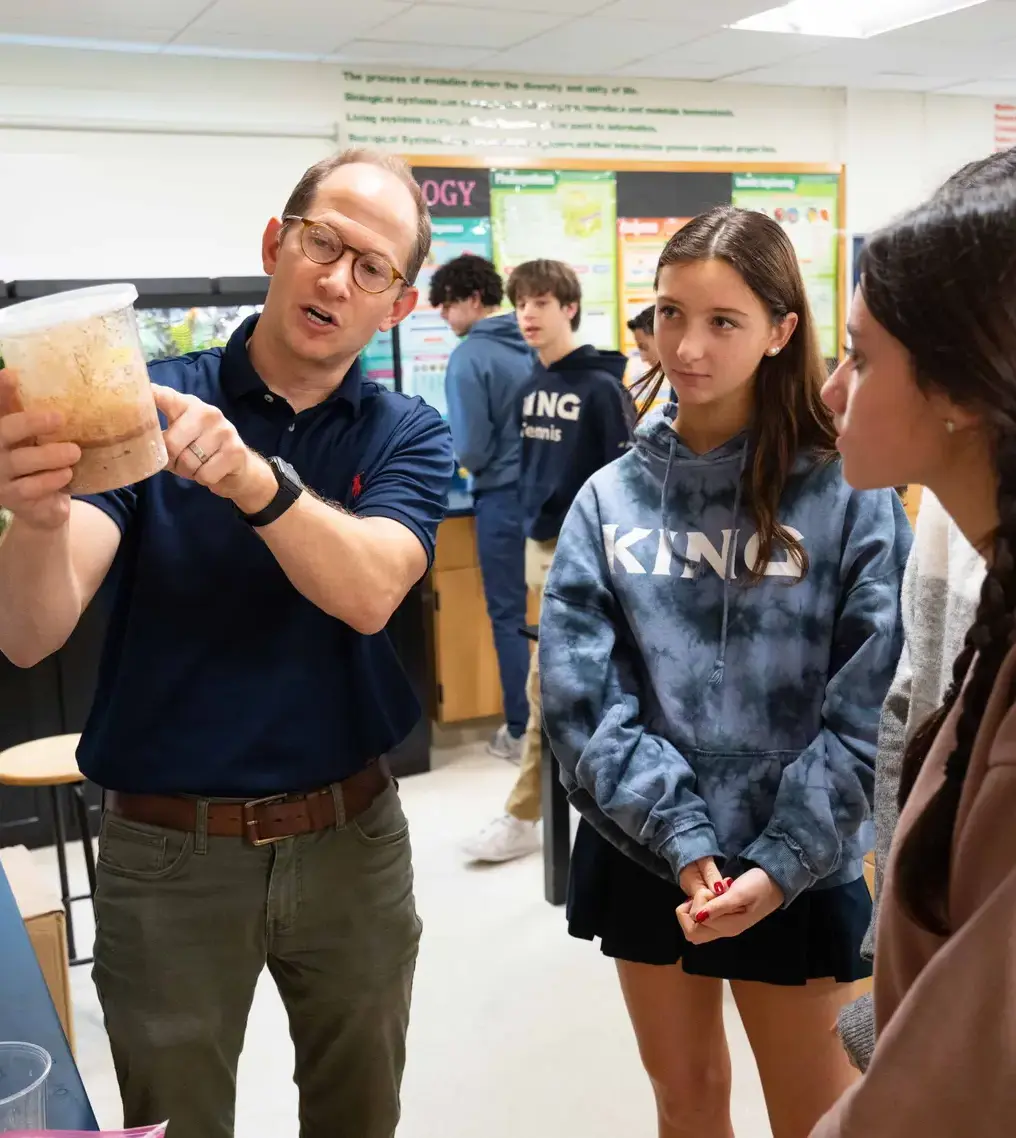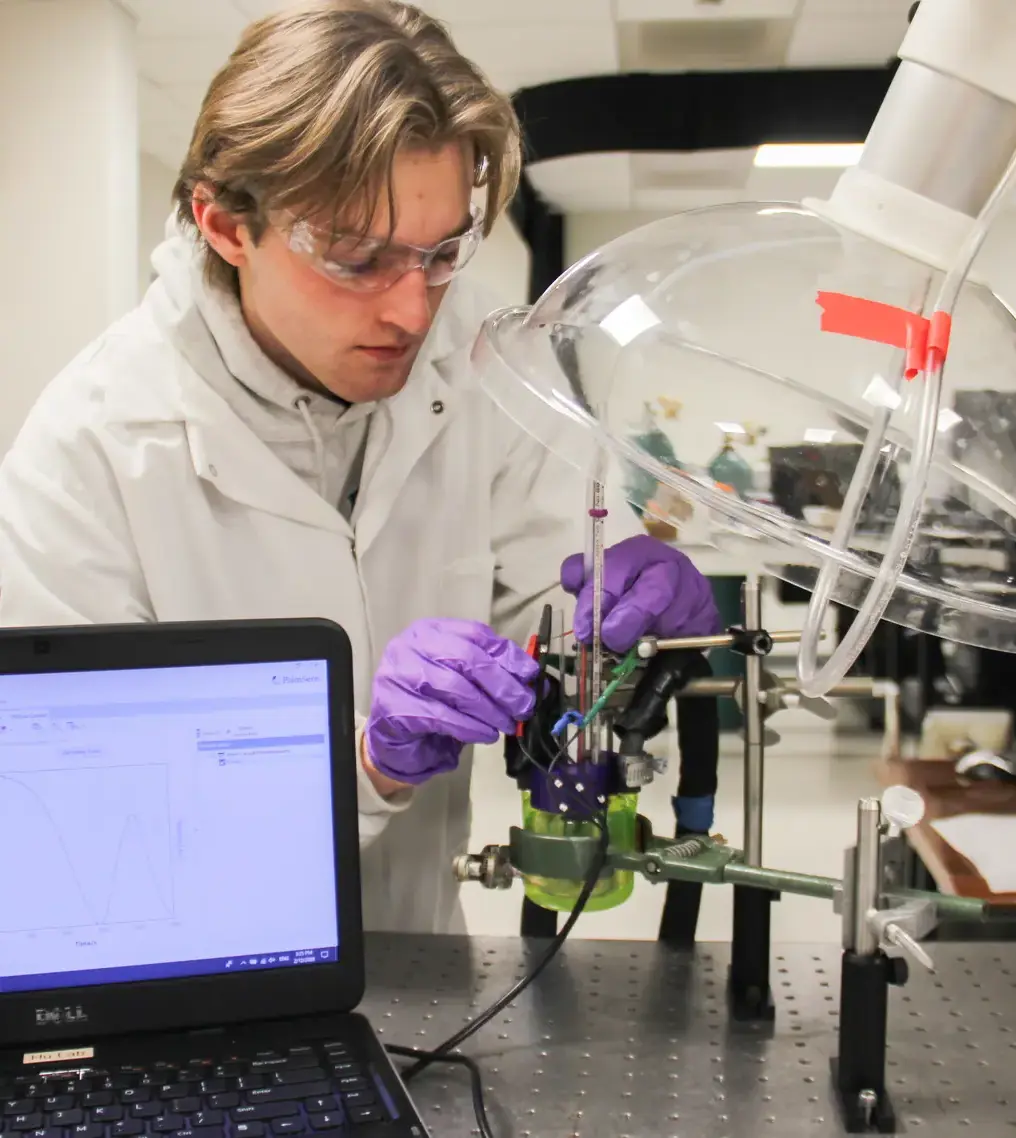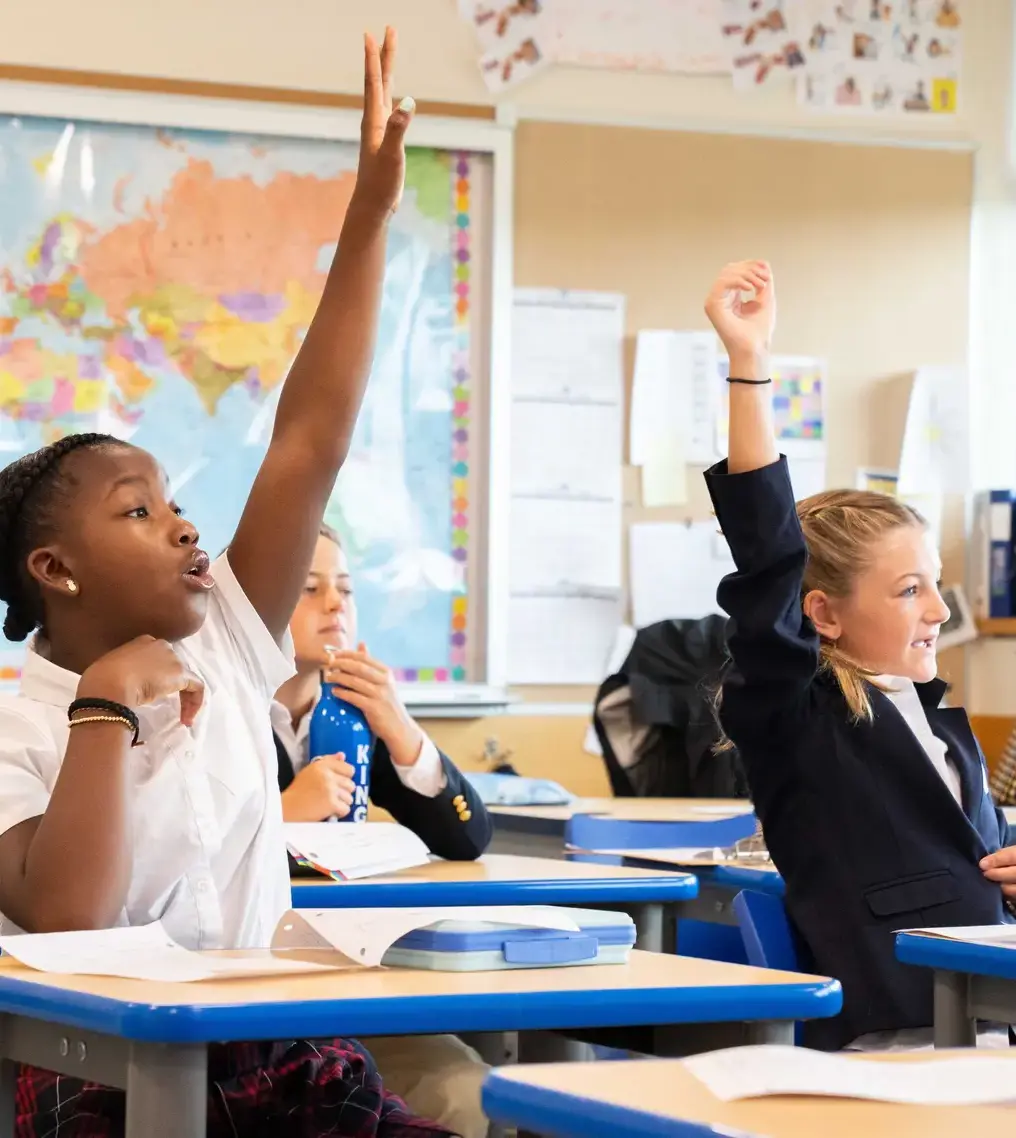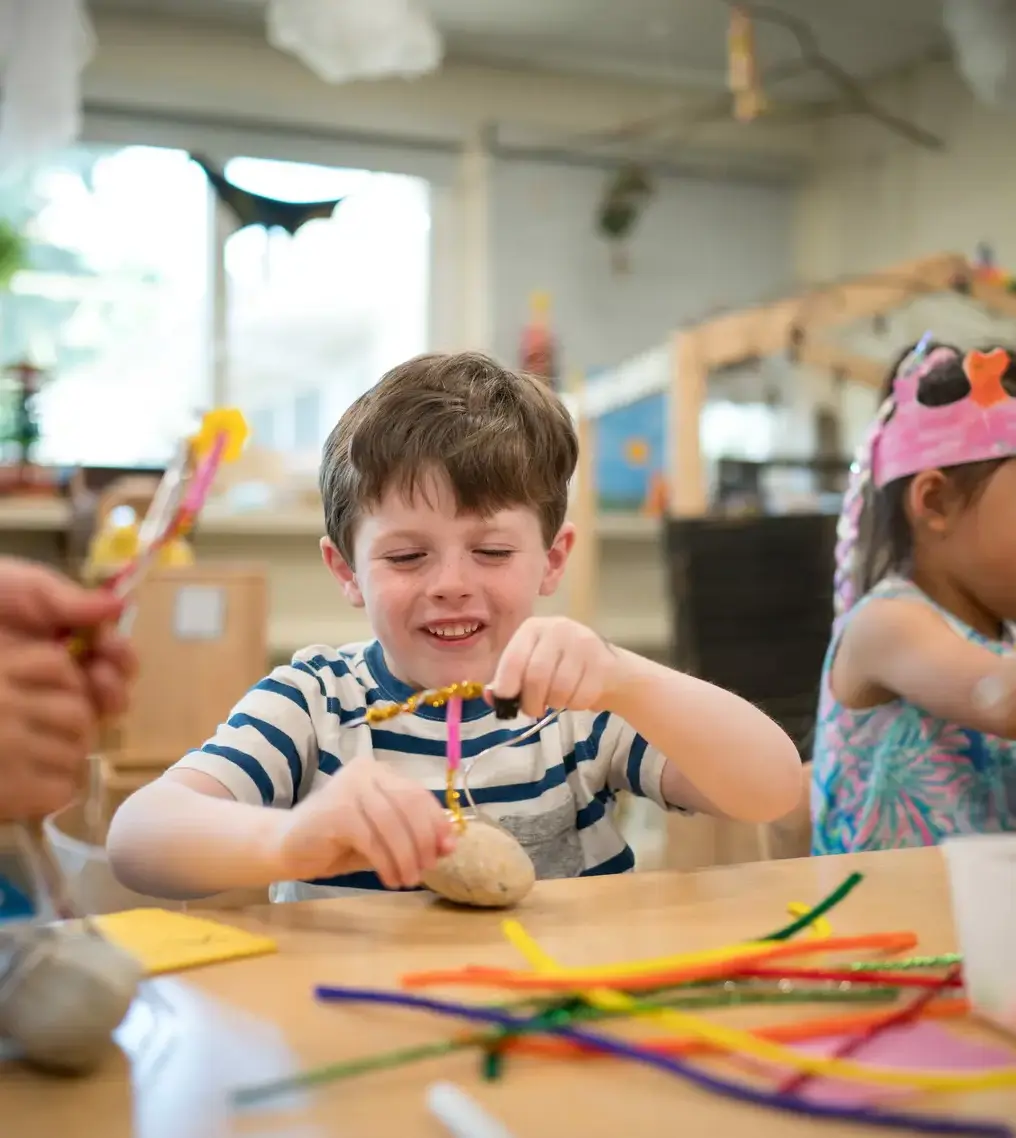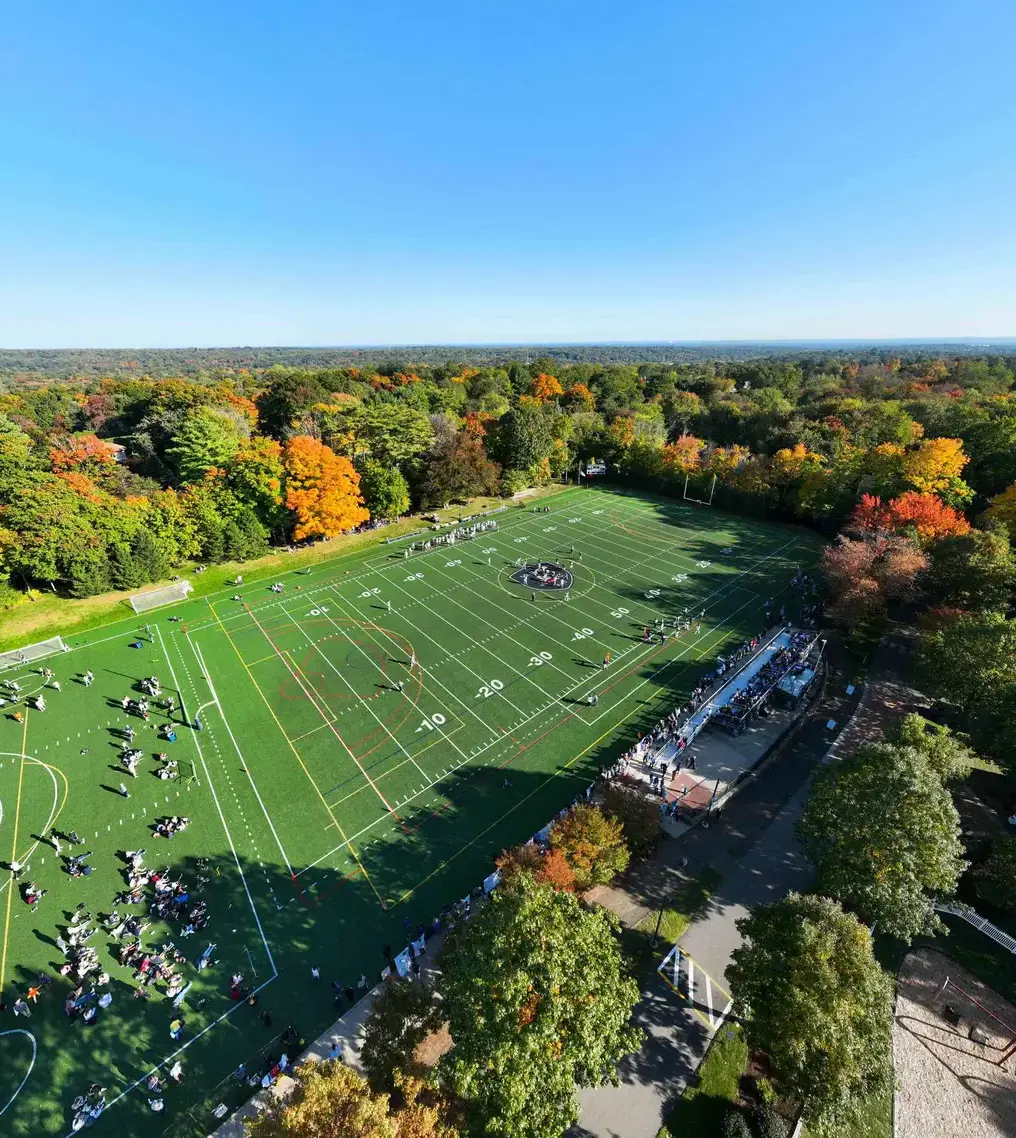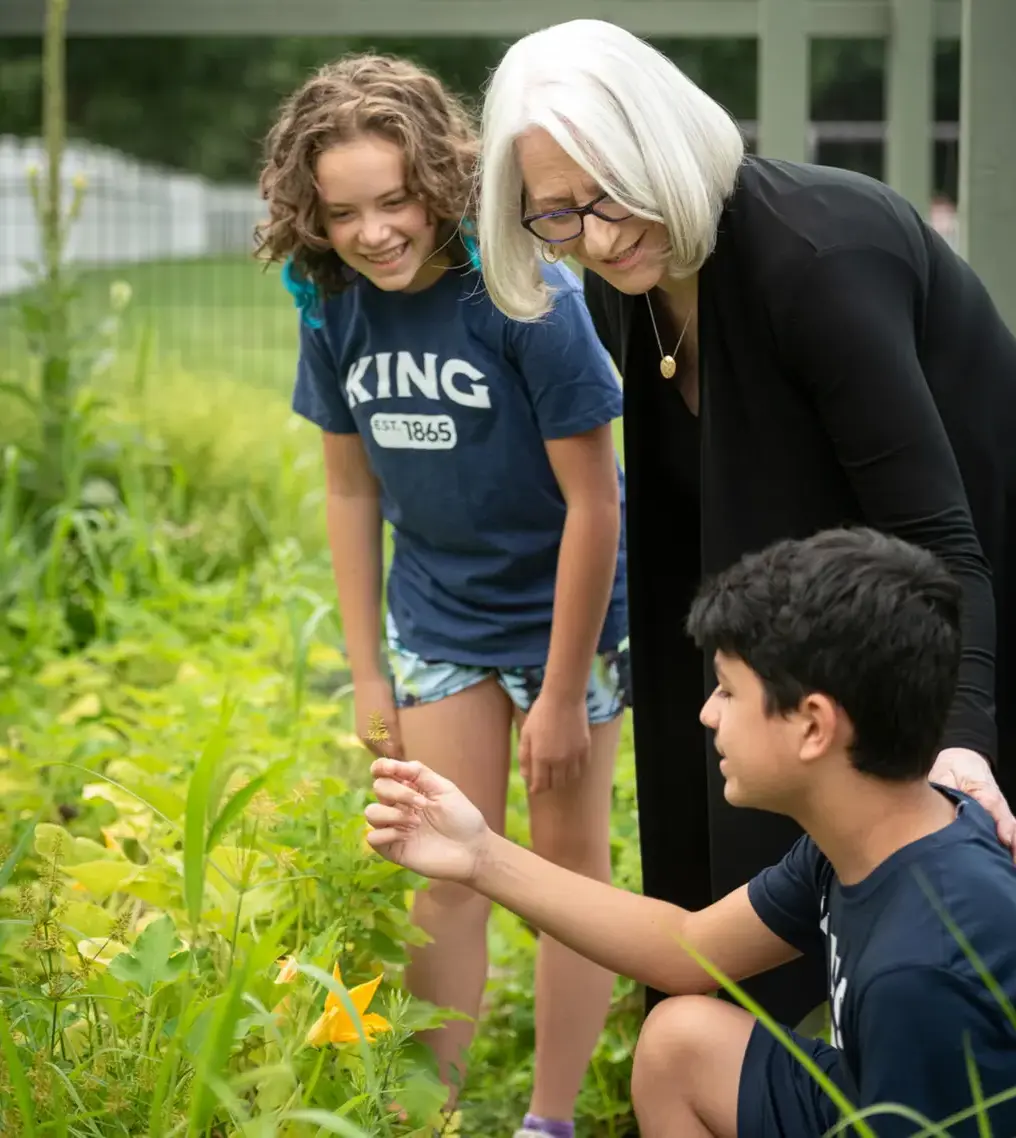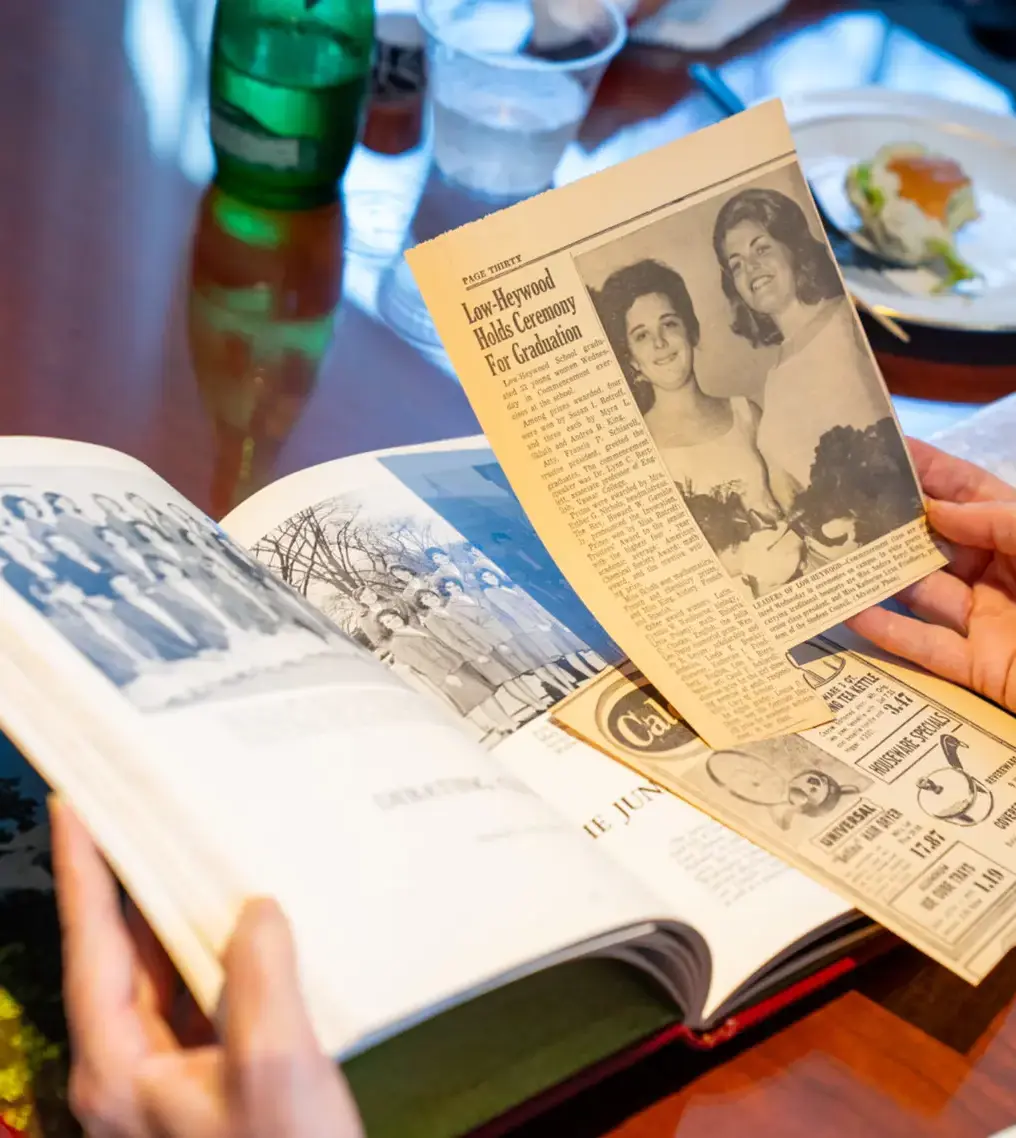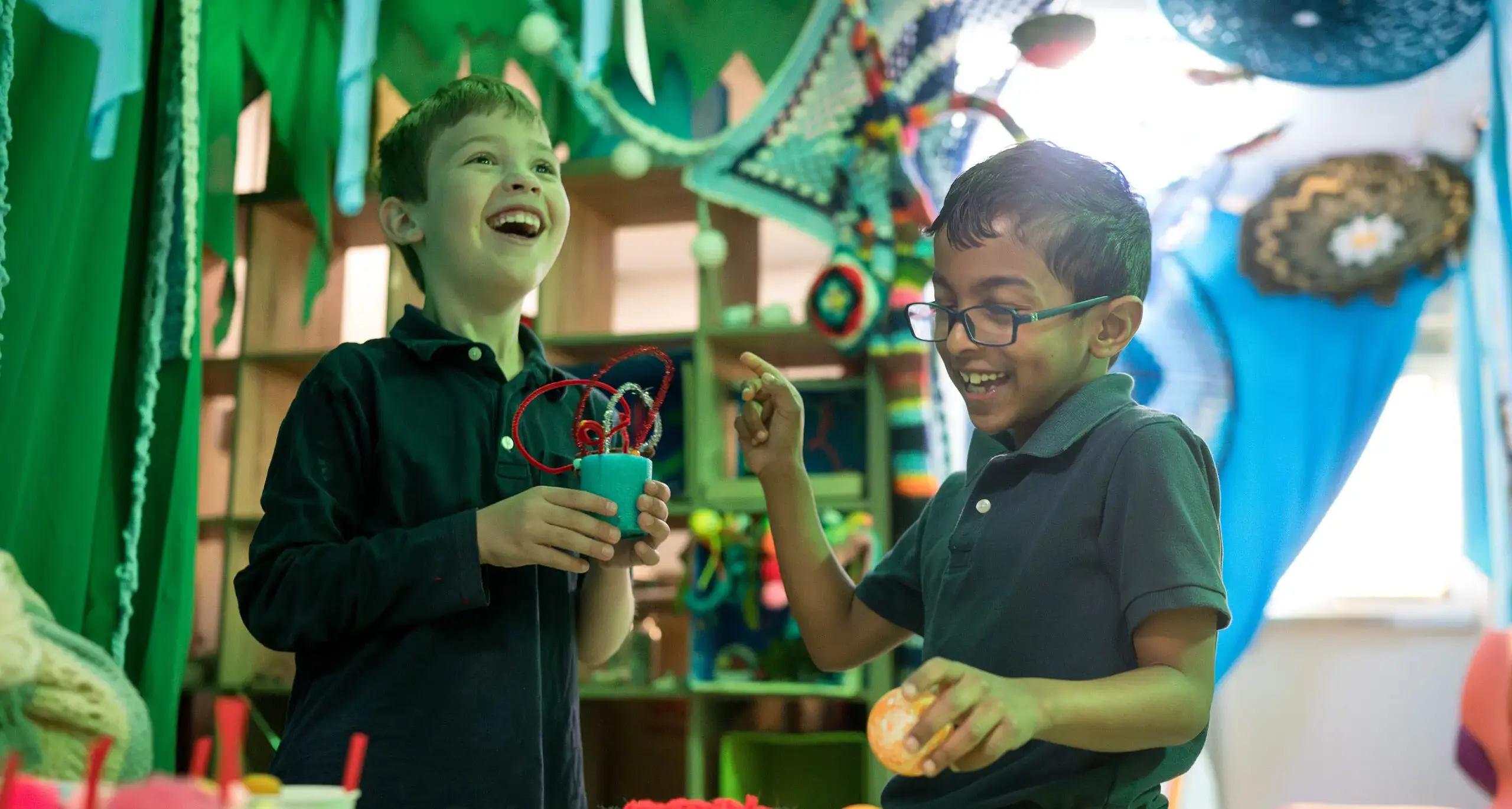School NEWS
Keep Up With King - School News
News Posts
-
Tue, 22 Apr 2025
Record-Breaking Athletic Year
Keep up with King School. Read all about school activities, student and faculty accomplishments, and see videos from our community.
-
Tue, 22 Apr 2025
Athletic Inquiry in PreK
Keep up with King School. Read all about school activities, student and faculty accomplishments, and see videos from our community.
-
Tue, 22 Apr 2025
Student Research Through Gaming
Keep up with King School. Read all about school activities, student and faculty accomplishments, and see videos from our community.
-
Tue, 22 Apr 2025
Class of 2025 Commencement
Keep up with King School. Read all about school activities, student and faculty accomplishments, and see videos from our community.

